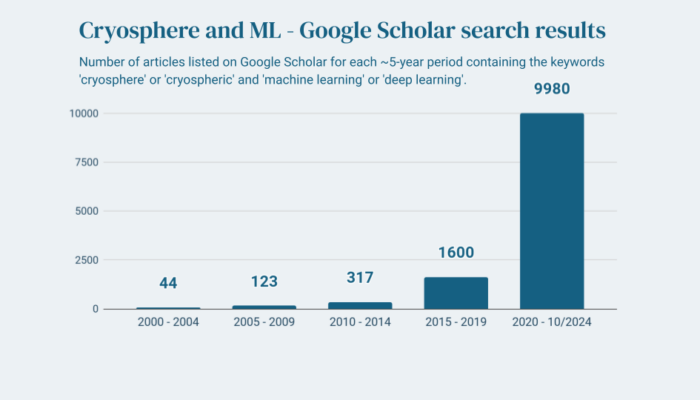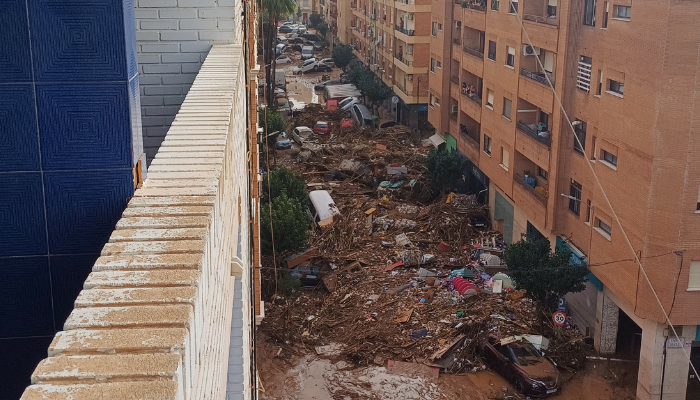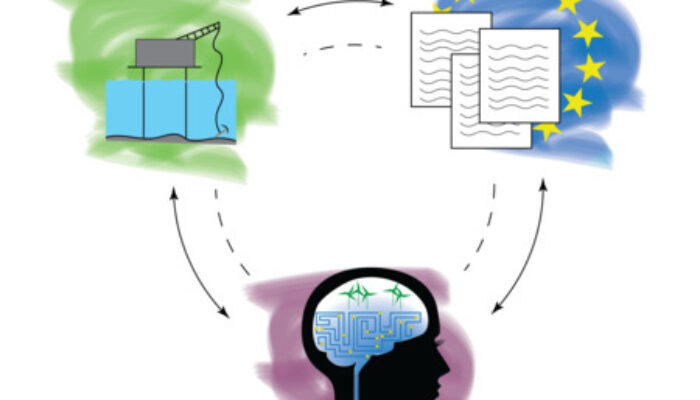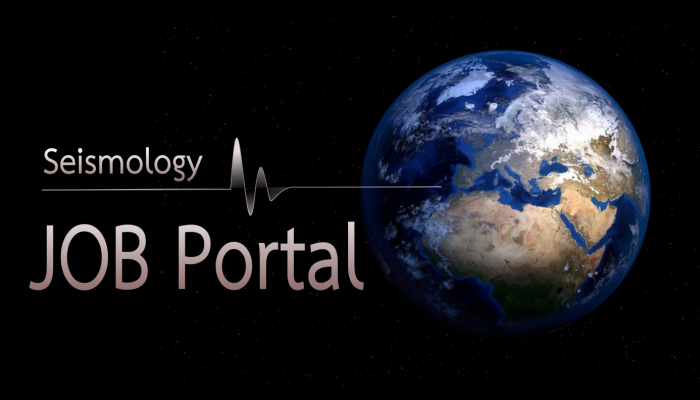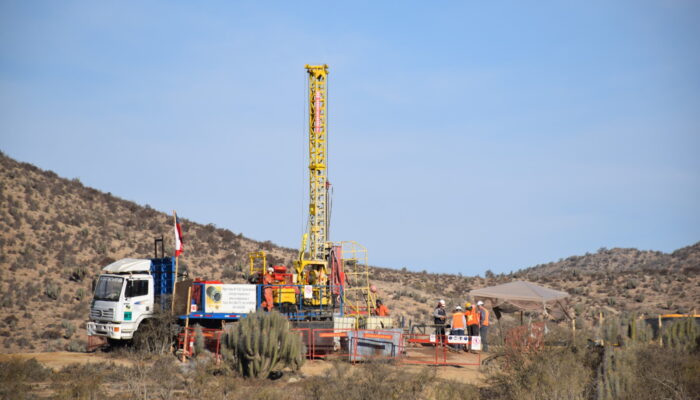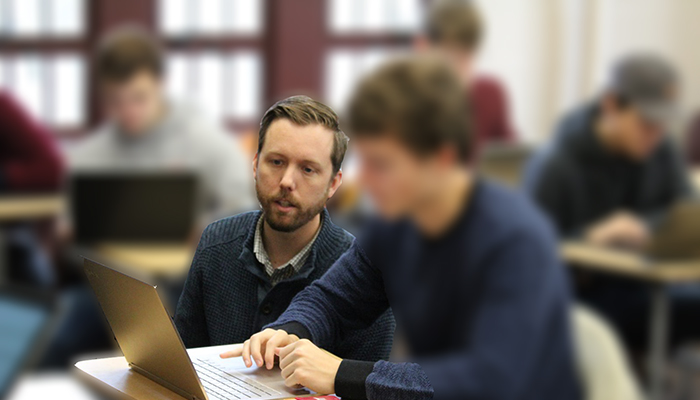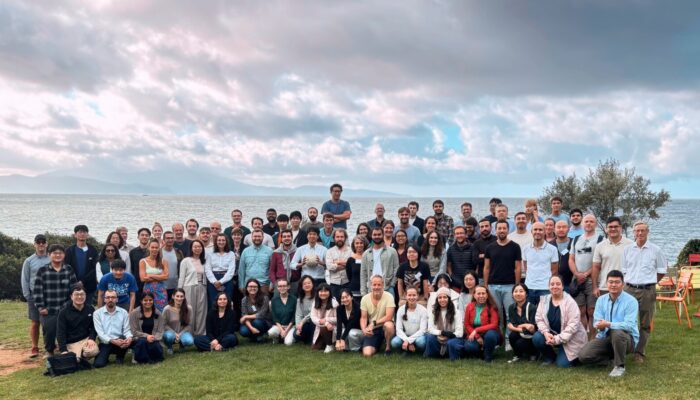Recently, Machine Learning (ML) has emerged as a powerful tool within cryospheric sciences, offering innovative and effective solutions for observing, modelling and understanding the frozen regions of the Earth. From learning snowfall patterns and predicting avalanche dynamics to speeding up the process of modelling ice sheets, ML has transformed cryospheric sciences and bears many o ...[Read More]
Hydrological Sciences
How to Promote Your EGU25 Session
Since October 23rd, abstract submissions for EGU25 are officially open! For session conveners, this is a critical phase and promoting your session is crucial. If you are co-convening a “traditional” session on a large topic that is run every year you might be inundated with abstracts already now or shortly before the deadline. However, many smaller sessions on more niche topics receive far fewer ...[Read More]
Hydrological Sciences
October 2024 floods in the Valencia region, Eastern Spain: One example too many of hazardous debris
The recent devastating flash floods in Valencia region, Eastern Spain, have once more highlighted the role of large debris in enhancing urban flood hazard. Urban debris – so-called Urban Flood Drifters (UFDs) – are very varied as shown by a recent survey. They include vehicles, deadwood, waste bins, containers of many types, construction materials, and many other objects. Once these ar ...[Read More]
Geodynamics
The Great Green Paradox
The sustainable and responsible use of mineral resources is a challenging task, yet essential for the benefit of our society. In this week’s blog, Dr. Νicholas Vafeas, an economic Geologist with a rich background in energy and mineral resources policy, shares his views on the urgent need to develop a holistic approach that can help integrate sustainable practises without posing any further risks t ...[Read More]
Seismology
Seismology Job Portal
On this page, we regularly update open positions in Seismology for early career scientists. Do you have a job on offer? Contact us at ecs-sm@egu.eu Please, note that other available research positions are displayed on the EGU Jobs Portal. Latest open positions: 1. Machine Learning Seismology Postdoc Institute: Lawrence Livermore National Laboratory (LLNL), USA Salary: $113,760 annually Starting: – ...[Read More]
Geodynamics
The Sassy Scientist – Trick or Treat?
Seasons change, and so do our passions. My climate anxiety? Yeah, it’s on the rise, like the global average temperature. So, Mae asks: My research field feels stagnant (or even dying), with limited opportunities, and I have developed new interests. How hard is it to change fields/direction after your PhD? Dear Mae, I mean this is kind of perfect for the wasteful spooky season. What could be scarie ...[Read More]
Geomorphology
Highlighting Laura Krone: Connecting the Earth’s surface to the deep subsurface
This blog post is part of our series: “Highlights” for which we’re accepting contributions! Please contact one of the GM blog editors, Emily (eb2043@cam.ac.uk) or Emma (elodes@asu.edu), if you’d like to contribute on this topic or others. by Laura Krone, PostDoc in the Sedimentary Systems group at the Freie Universität Berlin (Germany). Email: l.krone@fu-berlin.de How is the deep subsurface conne ...[Read More]
Hydrological Sciences
Being a Hydrology Coach: Some Ideas for Teaching College Hydrology Classes
Teaching the next generation of scientists, engineers, and planners hydrology may sometimes feel like a chore, but it might be the most impactful thing we do! So, I think it is always worth taking a look to see if we can optimize our approaches. What follows are some ideas that have shaped my teaching strategies over the last decade. I don’t pretend to be an authority on this stuff, but I’ve curat ...[Read More]
Geodynamics
4th Cargèse School on Earthquakes: Nucleation, Triggering, Rupture, and Relationships to Aseismic Processes
How do earthquakes nucleate? How do they arrest? Can we predict or control them? How do fault zone structure and rheology influence rupture? What do earthquakes in the lab tell us? How does fluid injection modulate seismicity? The Institut des Etudes Scientifiques de Cargèse (IESC) premise in Corsica, France was abuzz with discussions about these and many other related questions this October. The ...[Read More]
Solar-Terrestrial Sciences
ST-ECS Networking Campfire – How to convene a scientific session
Convening a session at academic conferences is no doubt time-consuming, but they are also the primary catalysts for establishing a research network and significantly boosting your academic profile. Particularly for Early Career Scientists (ECS), the idea of convening a session can be fearful and many worry that they don’t know how to do it or whether they can wrap up the session smoothly. The ECS ...[Read More]

